Winter is a time when the body craves warmth and sustenance, and ginger and turmeric emerge as superfoods to meet these needs. Their spicy and aromatic nature not only add a flavorful punch to dishes but also serve as a potent remedy against common winter ailments. Packed with bioactive compounds like gingerol, ginger and turmeric possess impressive anti-inflammatory and immune-boosting properties, ideal for combating seasonal colds, flu, and infections. Additionally, their abilities to stimulate circulation provide a natural warming effect, helping the body stay cozy in colder temperatures. Whether steeped in teas, incorporated into hearty soups, or used as a flavor enhancer in various dishes, ginger and turmeric stand out as versatile and indispensable superfoods, offering comfort and wellness during the winter months.
Table of Contents
Boost Wellbeing With Ginger and Turmeric:
Embrace winter goodness with the dynamic duo of ginger and turmeric, renowned for their health-boosting properties. Ginger, with its anti-inflammatory and antioxidant features, becomes a potent immune ally during the cold season, providing warmth and comfort through soothing ginger tea. Turmeric, enriched with curcumin, acts as a robust anti-cold warrior, enhancing immune resilience and alleviating joint stiffness. Incorporate these golden wonders into your daily routine by enjoying ginger-turmeric teas, adding them to hearty soups, or savoring the soothing richness of golden milk. Together, ginger and turmeric form a natural and flavorful defense against winter blues, infusing your days with wellness and warmth.
Ginger: Most Popular Winter Spice
Known for its spicy and slightly sweet flavor, ginger contains bioactive compounds such as gingerol, which have powerful antioxidant and anti-inflammatory properties. It aids digestion, helps alleviate nausea, boosts immunity, and can provide a warming sensation, making it excellent for combating the cold.
Turmeric: Warming Spice for Winter Wellness
Recognized for its bright yellow color and earthy flavor, turmeric contains curcumin, a compound known for its strong anti-inflammatory and antioxidant effects. Turmeric supports immune function, aids in digestion, promotes joint health, and contributes to overall well-being, especially during the winter months.
Best Ways To Incorporate Ginger & Turmeric Into Your Diet:
Incorporating ginger and turmeric into your diet during winter can be beneficial. You can enjoy them in various ways:
- Teas: Prepare ginger or turmeric tea by steeping grated ginger or turmeric root in hot water. Add honey or lemon for extra flavor and health benefits.
- Curries and Soups: Use fresh or ground ginger and turmeric in curries, soups, stews, or stir-fries to impart a warm, comforting flavor and gain their health benefits.
- Smoothies: Add a small amount of fresh ginger or turmeric to smoothies for an added health boost. Pair them with fruits like oranges or berries for a delicious blend.
- Golden Milk: Make golden milk by combining turmeric, ginger, black pepper, and milk (or a non-dairy alternative) for a soothing and nutritious drink.
Including these spices in your meals or beverages during winter can enhance flavor, warmth, and provide a range of health benefits to support overall wellness during the colder months.
Health Benefits Of Ginger & Turmeric In Winter:
Ginger and turmeric offer a range of benefits, especially beneficial during the winter season:
- Immune Support: Both ginger and turmeric contain compounds that support the immune system. They possess antibacterial, antiviral, and anti-inflammatory properties that can help fend off infections, colds, and flu, commonly prevalent during winter.
- Digestive Aid: Ginger is well-known for aiding digestion. It can alleviate indigestion, bloating, and nausea, common discomforts that may arise due to heavier or rich foods consumed during winter festivities. Turmeric also supports digestive health and may relieve digestive issues.
- Warming Effect: These spices have a warming effect on the body, which can help combat the cold during winter. They stimulate circulation, promoting warmth from within and potentially easing symptoms associated with colder weather.
- Anti-Inflammatory Benefits: Turmeric, particularly its active compound curcumin, possesses potent anti-inflammatory properties. This can be especially helpful in managing joint pain or stiffness that might worsen during colder weather.
- Antioxidant Properties: Both ginger and turmeric are rich in antioxidants that combat oxidative stress, protecting cells from damage caused by free radicals. This can help maintain overall health and reduce the risk of chronic diseases.
- Mood Enhancement: Some studies suggest that compounds found in these spices may positively impact mood and mental well-being, which can be beneficial during the winter months when seasonal affective disorder (SAD) or mood changes are common.
Incorporating ginger and turmeric into your diet during winter can contribute to overall wellness, supporting immune health, digestion, warmth, and potentially easing discomfort associated with colder weather. Whether consumed in teas, meals, or as spices, they offer various health-promoting properties suitable for the winter season.
Best Ginger & Turmeric Tea Recipe:
Here's a simple recipe for ginger and turmeric tea:
Ingredients:
1-inch piece of fresh ginger root (peeled and thinly sliced)
1 teaspoon of ground turmeric or a 1-inch piece of fresh turmeric root (peeled and thinly sliced)
3-4 cups of water
Optional: Honey or lemon to taste
Instructions:
- In a saucepan, bring the water to a boil.
- Add the sliced ginger and turmeric to the boiling water.
- Reduce the heat and let the mixture simmer for about 10-15 minutes to allow the flavors to infuse.
- If using ground turmeric, strain the tea to remove the ginger and turmeric pieces. If using fresh turmeric, strain through a fine mesh strainer to remove larger pieces.
- Add honey or lemon to taste if desired.
- Pour the tea into cups and enjoy!

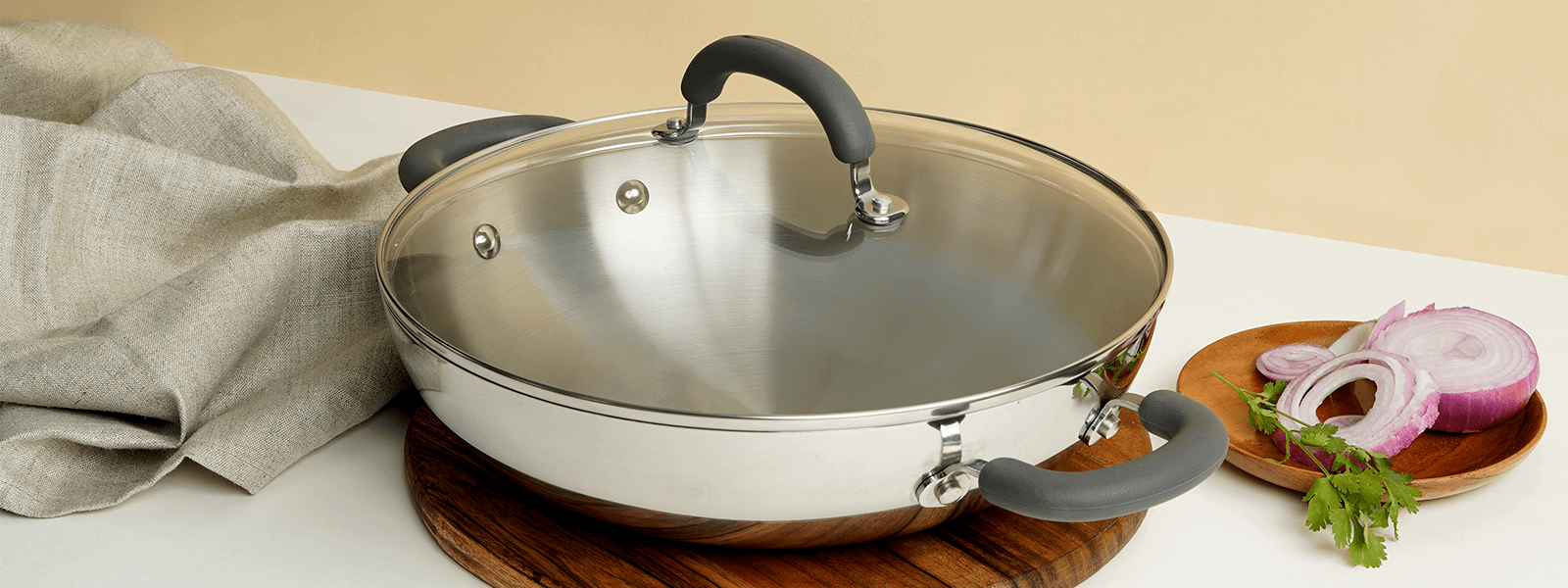
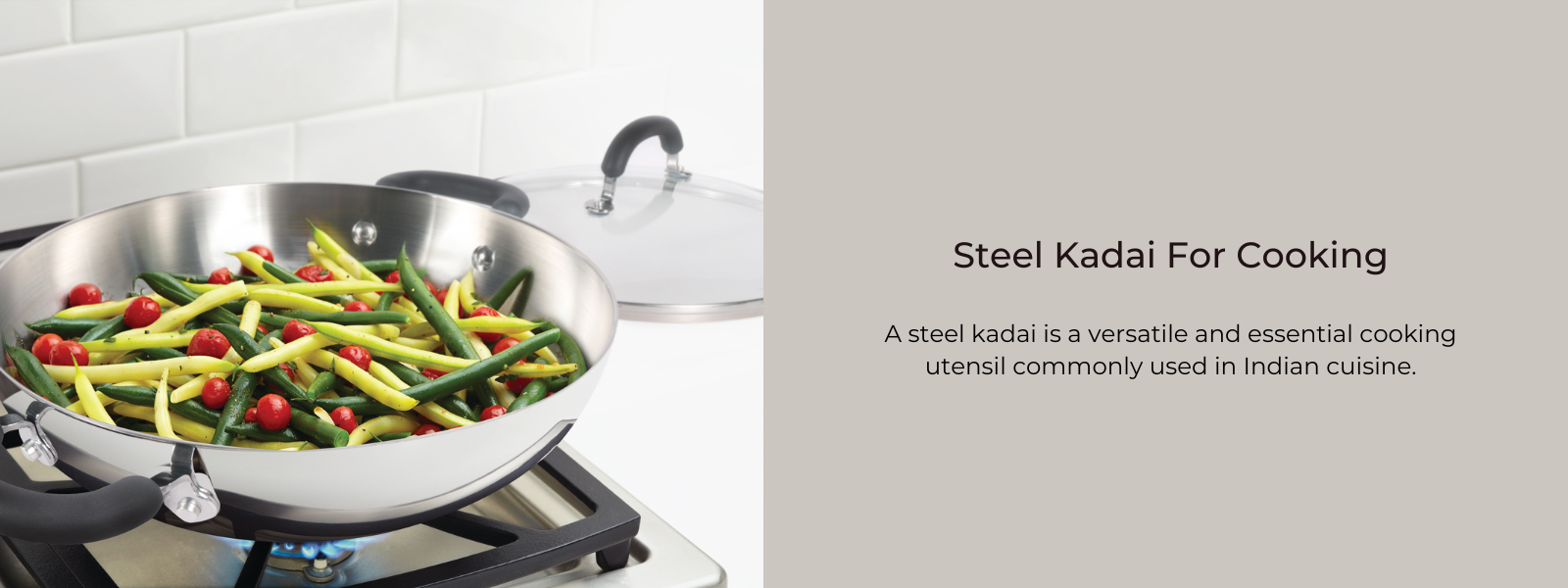
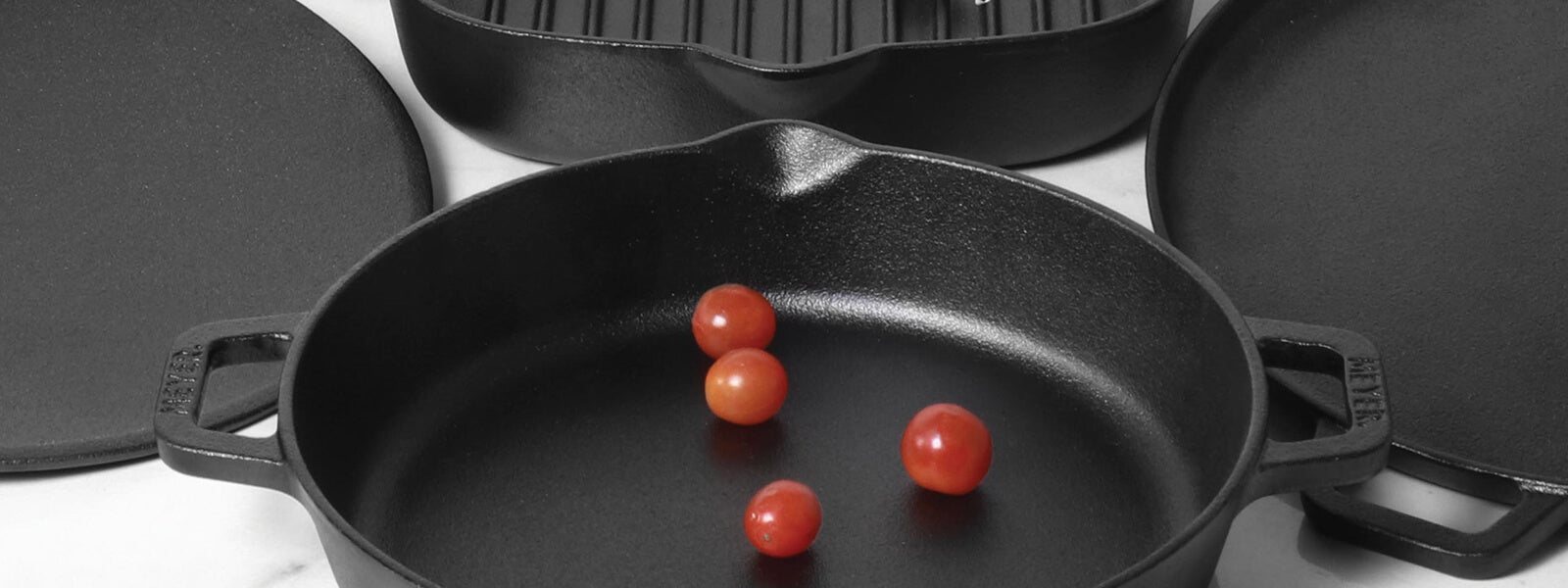

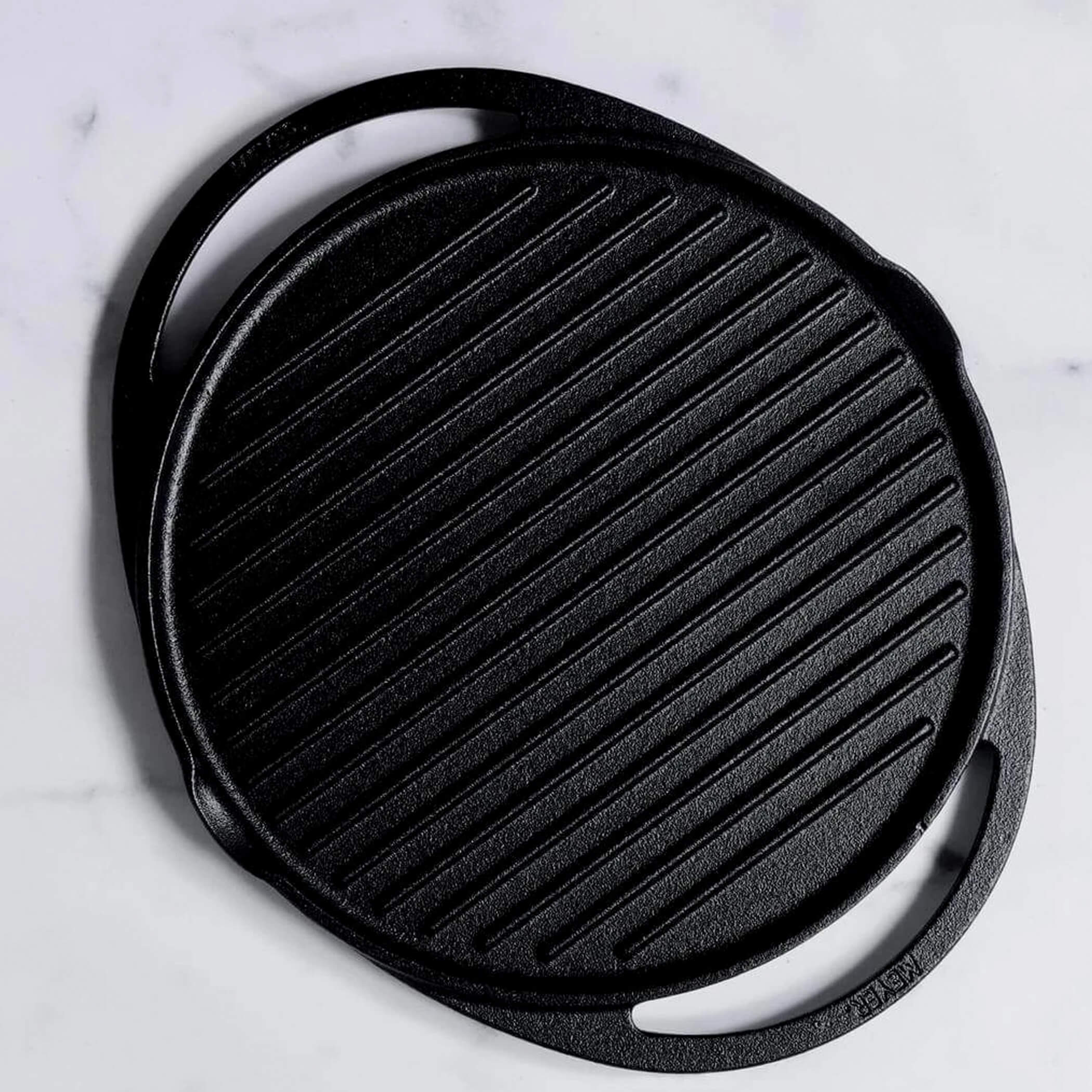
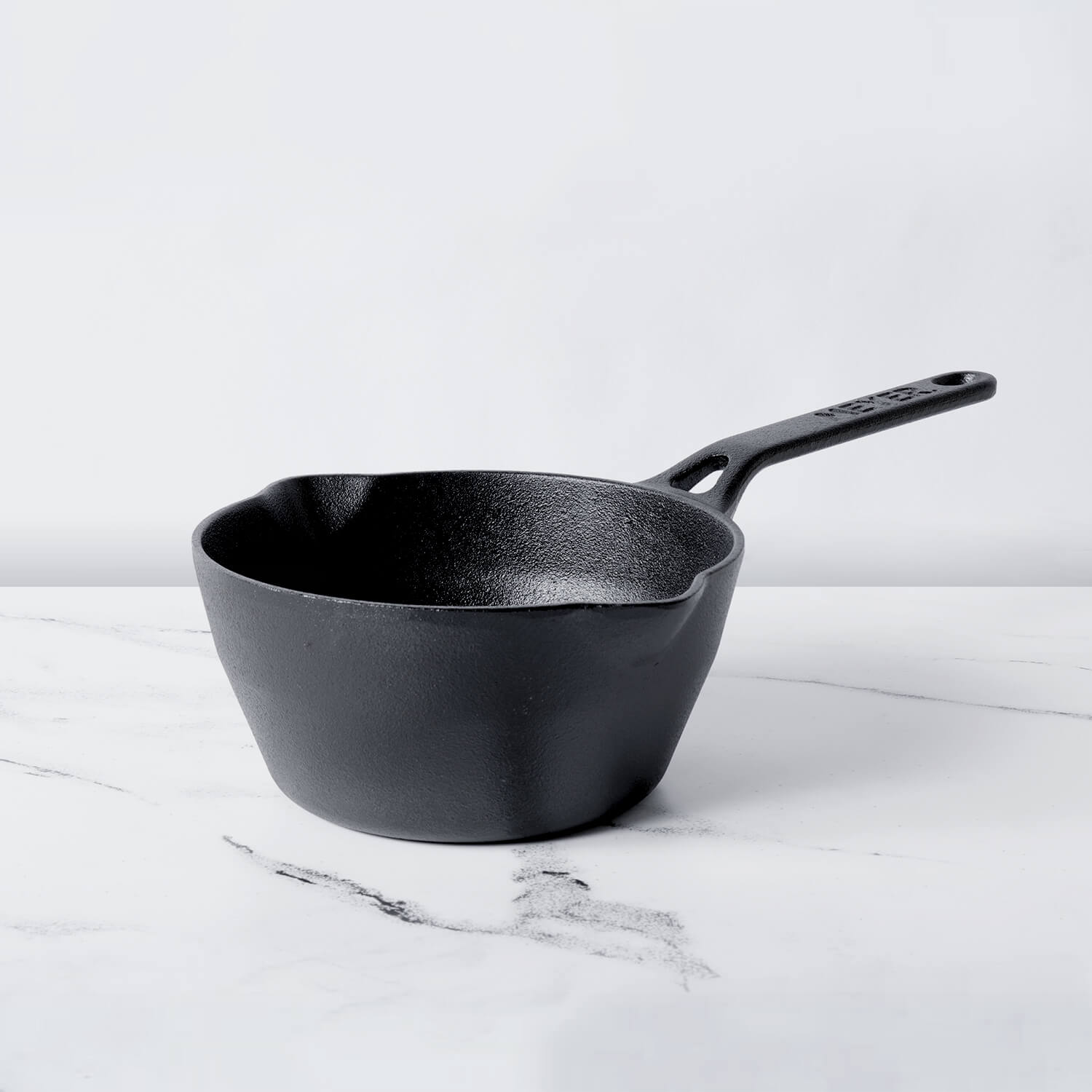




Leave a comment